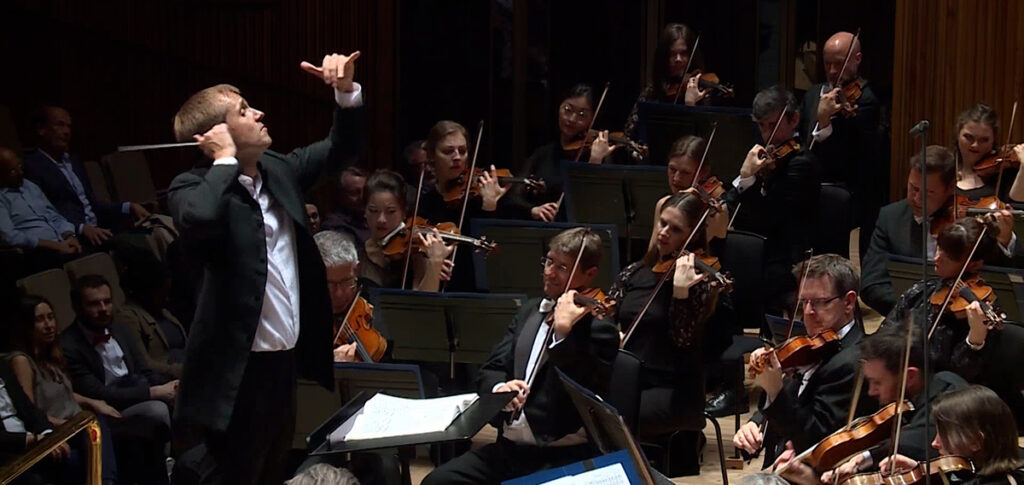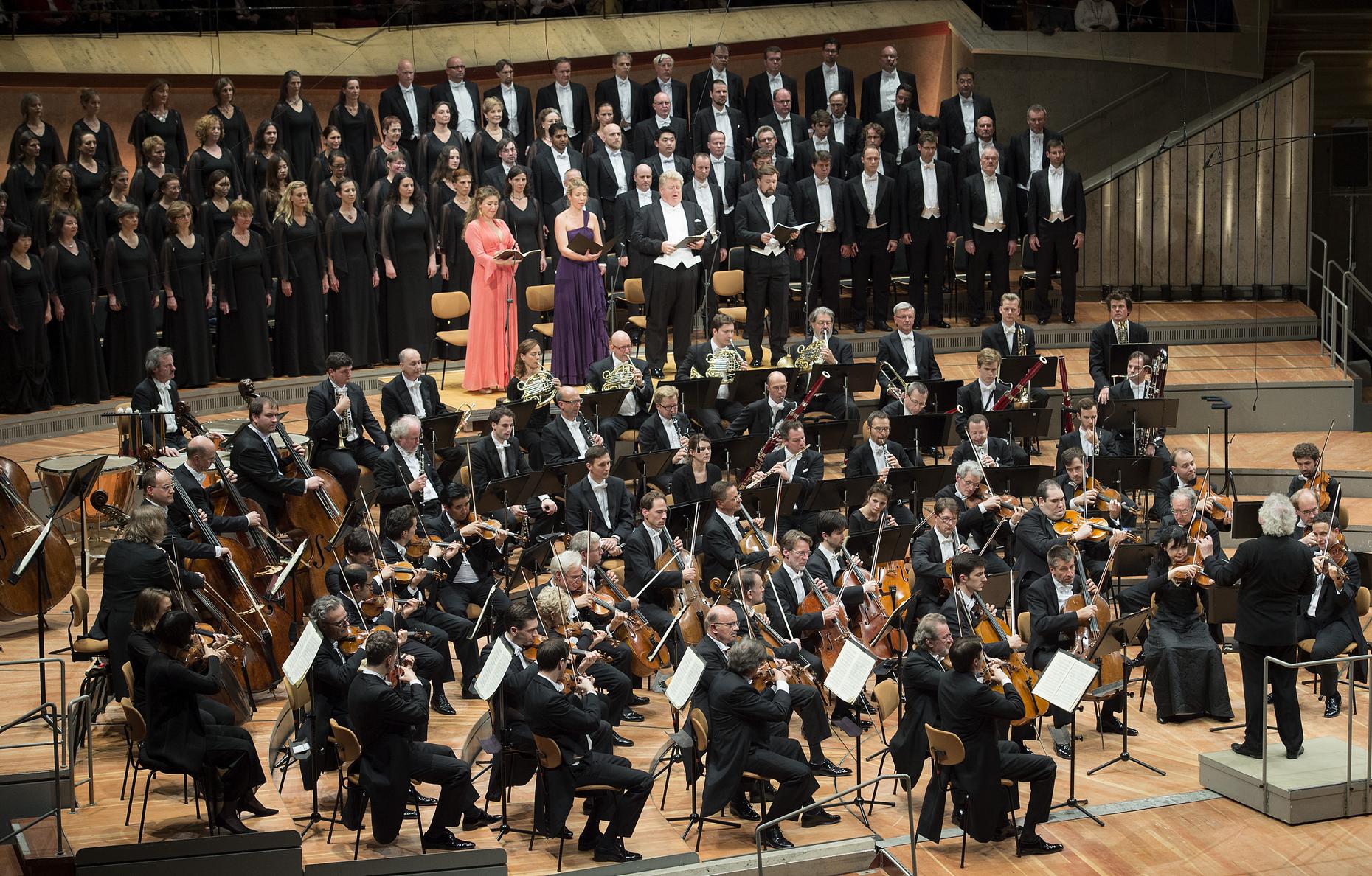Classical music has a rich and storied history, and one organization that has played a pivotal role in shaping its development is the Royal Philharmonic Society (RPS). Established in London in 1813, the RPS has been at the forefront of promoting classical music, nurturing talent, and commissioning new works. In this article, we will delve into the legacy of the Royal Philharmonic Society and its significant impact on classical music.
The Birth of the Royal Philharmonic Society
The Royal Philharmonic Society was founded by a group of music enthusiasts who sought to establish a platform for the performance and appreciation of classical music. Their vision was to create a society that would champion the highest standards of musical excellence. The inaugural meeting took place on May 24, 1813, in London’s Argyll Rooms, marking the birth of the Royal Philharmonic Society.
Contributions to the Classical Music Landscape

Nurturing Musical Talent
From its inception, the Royal Philharmonic Society has been dedicated to nurturing musical talent. Through scholarships, grants, and competitions, the society has provided support and recognition to emerging musicians. By investing in the future generation of classical musicians, the RPS ensures the preservation and advancement of the art form.
Commissioning New Works
One of the hallmarks of the Royal Philharmonic Society is its commitment to commissioning new works. By collaborating with renowned composers, the society has been instrumental in the creation of groundbreaking compositions. These commissioned works contribute to the evolution of classical music, pushing boundaries and exploring new artistic frontiers.
Premiering and Popularizing Masterpieces
The Royal Philharmonic Society has been instrumental in the premiering and popularizing of masterpieces throughout history. By organizing concerts and events, the society introduces audiences to exceptional compositions, often featuring world-renowned soloists and orchestras. These performances not only enrich the cultural landscape but also provide a platform for classical music to reach wider audiences.
Pivotal Moments in the Society’s History
The Appointment of Beethoven as Honorary Member
One of the most significant moments in the Royal Philharmonic Society’s history was the appointment of Ludwig van Beethoven as an honorary member. This prestigious recognition highlighted Beethoven’s profound influence on classical music and solidified the society’s commitment to promoting the highest artistic standards.
Collaboration with Renowned Composers and Conductors
Throughout its existence, the Royal Philharmonic Society has collaborated with esteemed composers and conductors. These partnerships have resulted in unforgettable performances and groundbreaking interpretations of classical works. The society’s dedication to artistic collaboration has made a lasting impact on the classical music landscape.
Establishing the Gold Medal and Honorary Membership
To honor exceptional contributions to classical music, the Royal Philharmonic Society established the Gold Medal and honorary membership. These accolades recognize individuals who have made significant advancements in the field. The Gold Medal is a symbol of excellence and is awarded to those who have enriched the world of classical music through their extraordinary achievements.
The Royal Philharmonic Society Today
Continuing the Tradition of Excellence
In the present day, the Royal Philharmonic Society continues to uphold its tradition of excellence. Through a diverse range of concerts, events, and educational programs, the society nurtures both established and emerging talent, fostering a vibrant classical music community.
Educational Outreach and Community Engagement
Recognizing the importance of music education and accessibility, the Royal Philharmonic Society actively engages with the community through various outreach initiatives. By providing educational programs, workshops, and concerts for schools and communities, the society promotes the appreciation and understanding of classical music among a wider audience.
The Impact of the Royal Philharmonic Society
The impact of the Royal Philharmonic Society on classical music cannot be overstated. Through its unwavering dedication to excellence, nurturing of talent, and promotion of new works, the society has shaped the classical music landscape. Countless musicians have benefited from the society’s support, and audiences worldwide have been enriched by its concerts and events.
Conclusion
The Royal Philharmonic Society stands as a beacon of excellence and innovation in the world of classical music. With a rich history spanning over two centuries, the society has left an indelible mark on the art form. Through its unwavering commitment to nurturing talent, commissioning new works, and captivating audiences, the Royal Philharmonic Society continues to shape the legacy of classical music for generations to come.

Leave a Reply